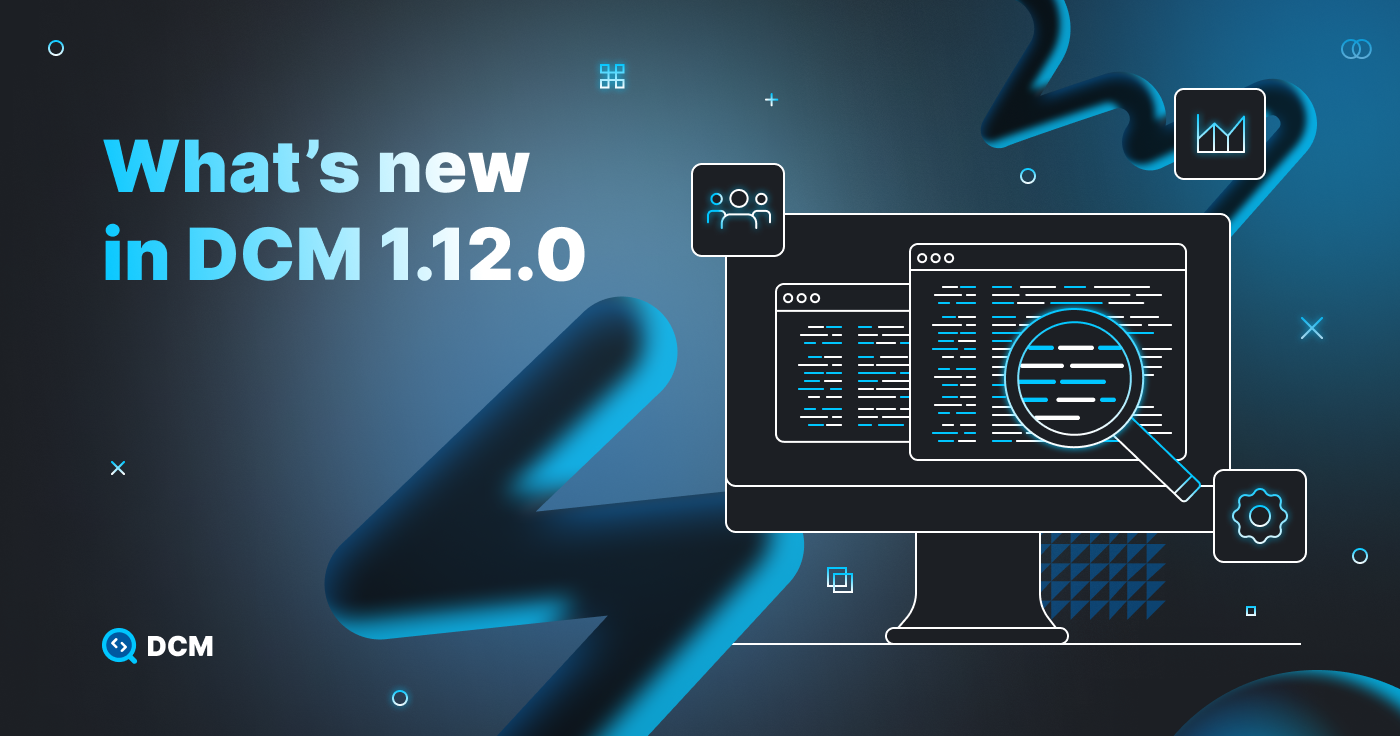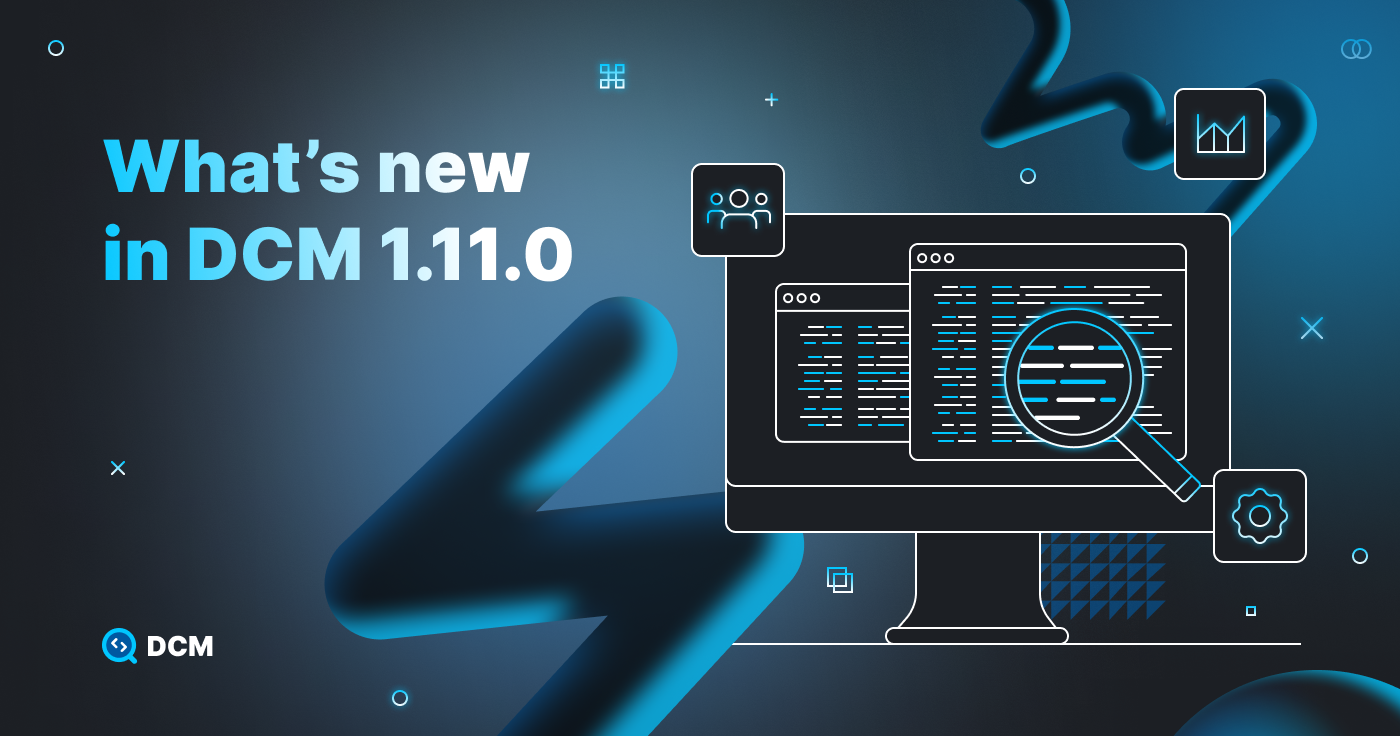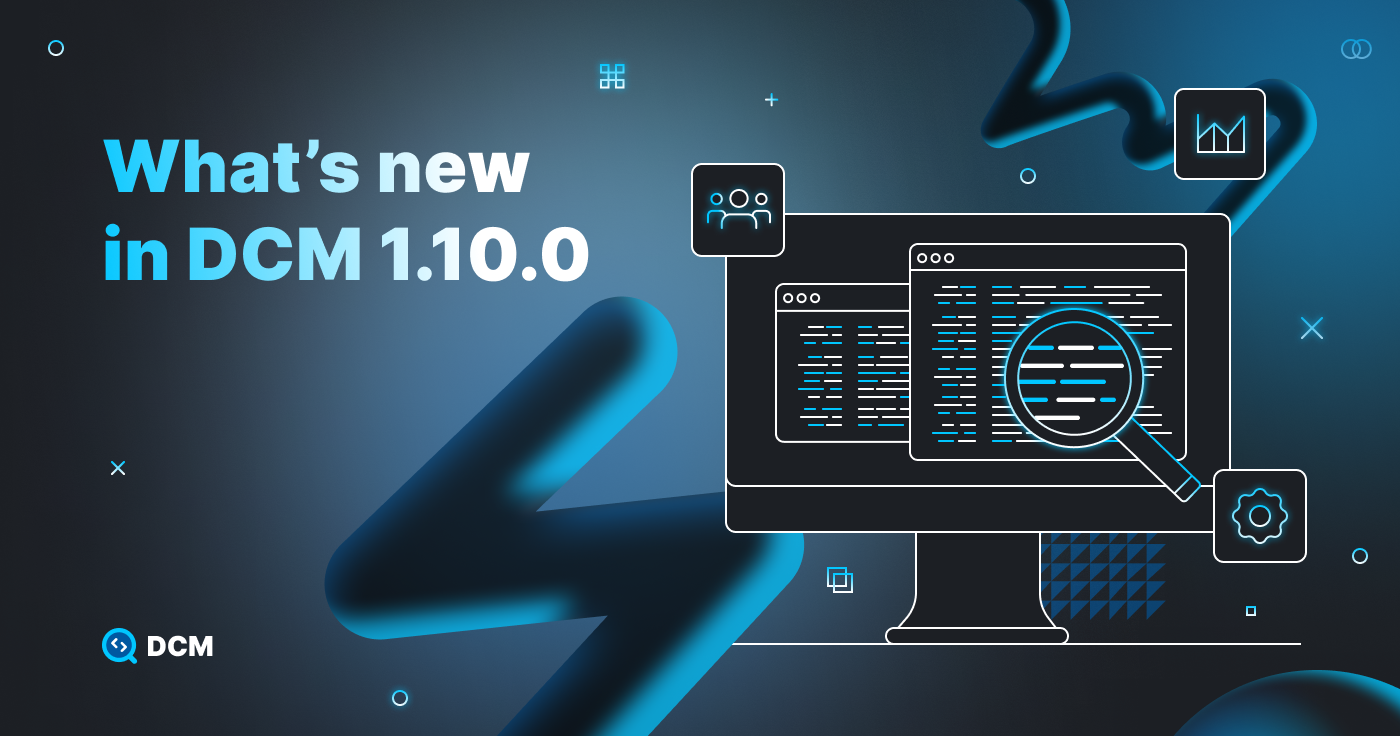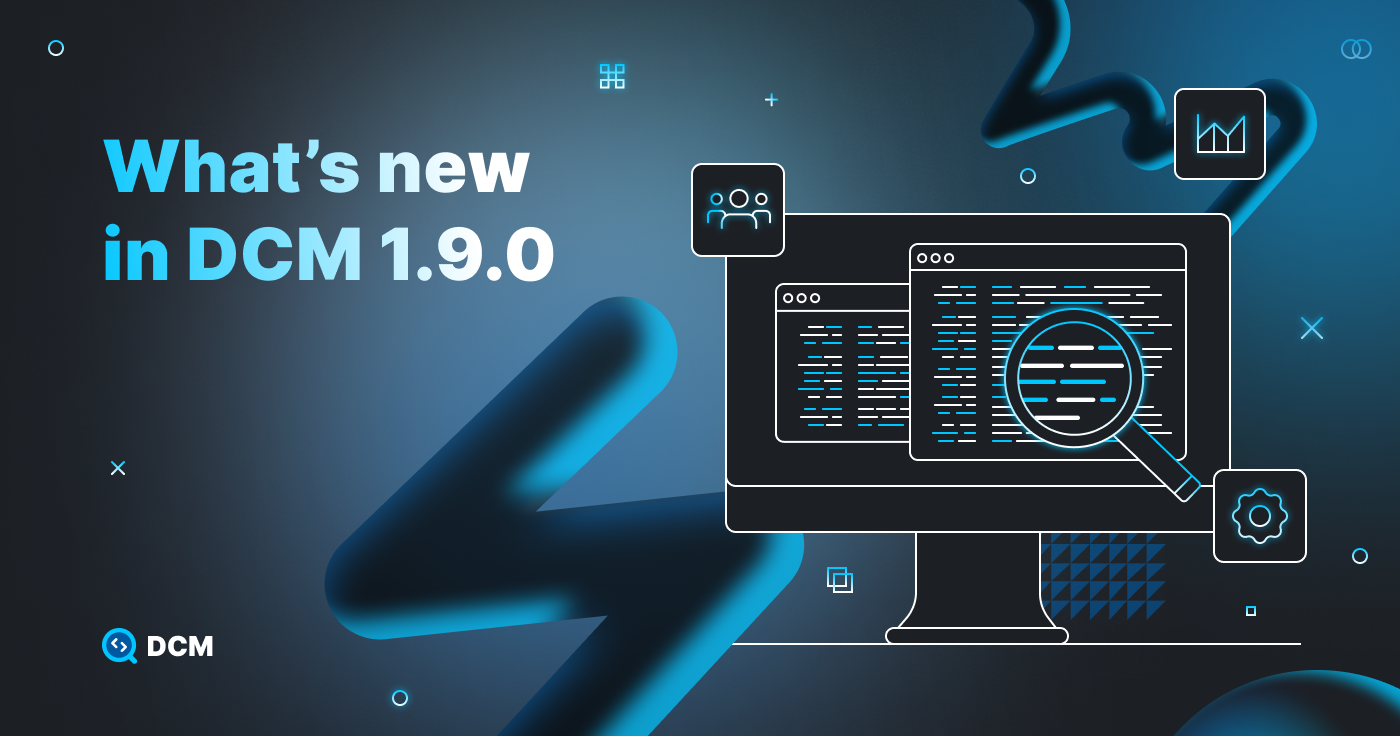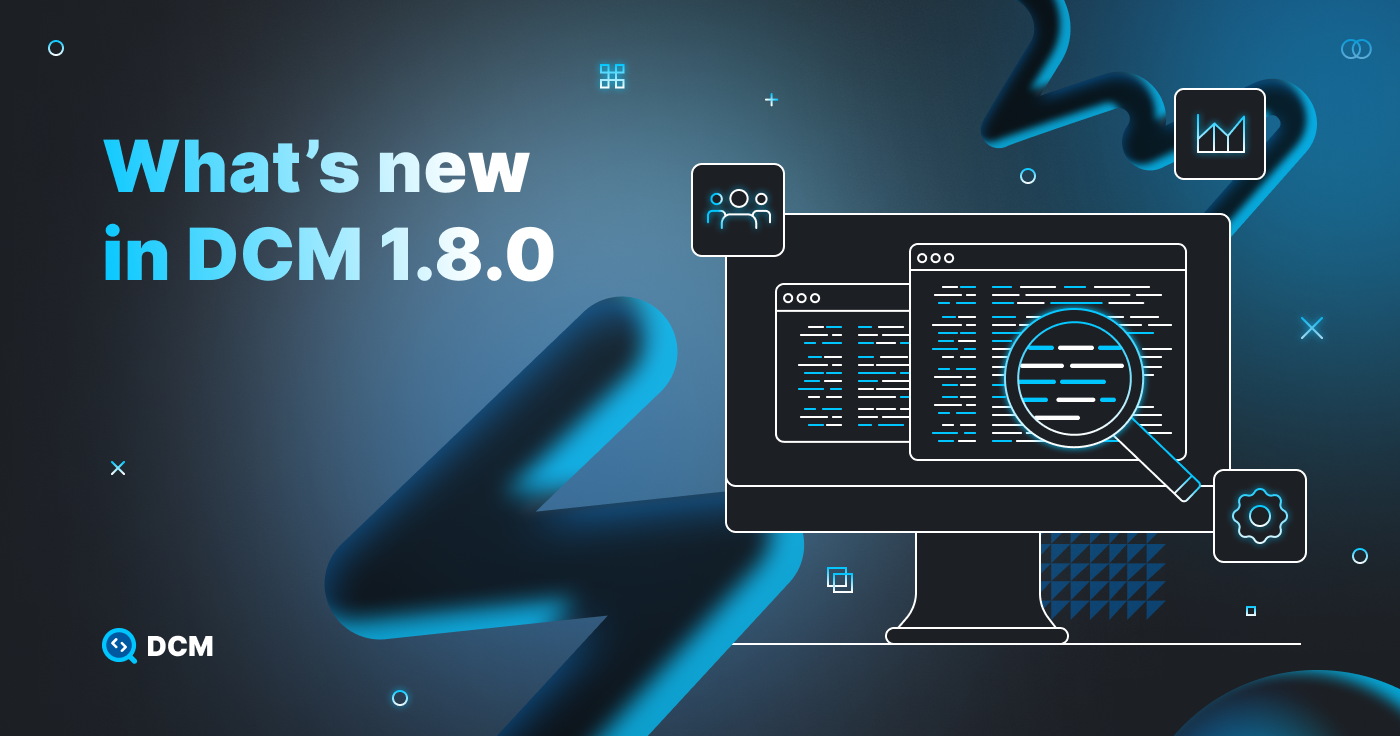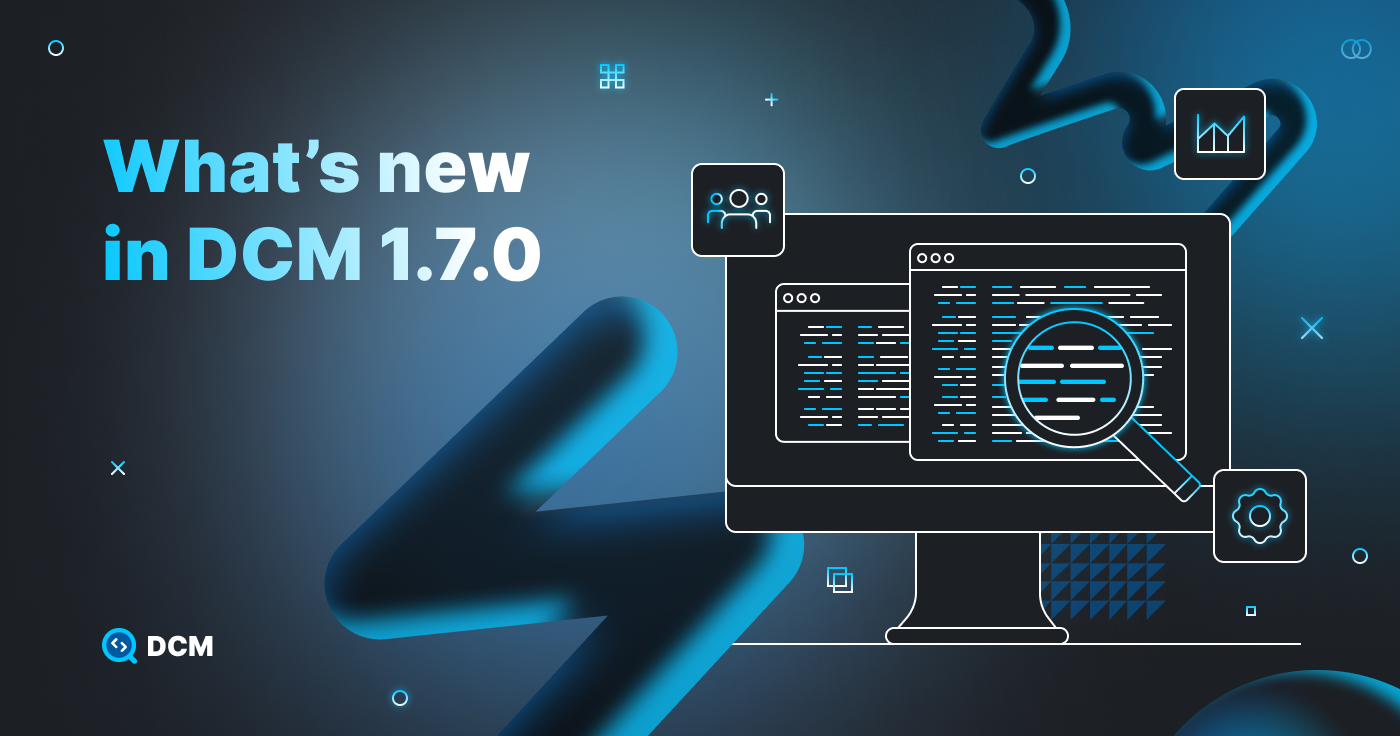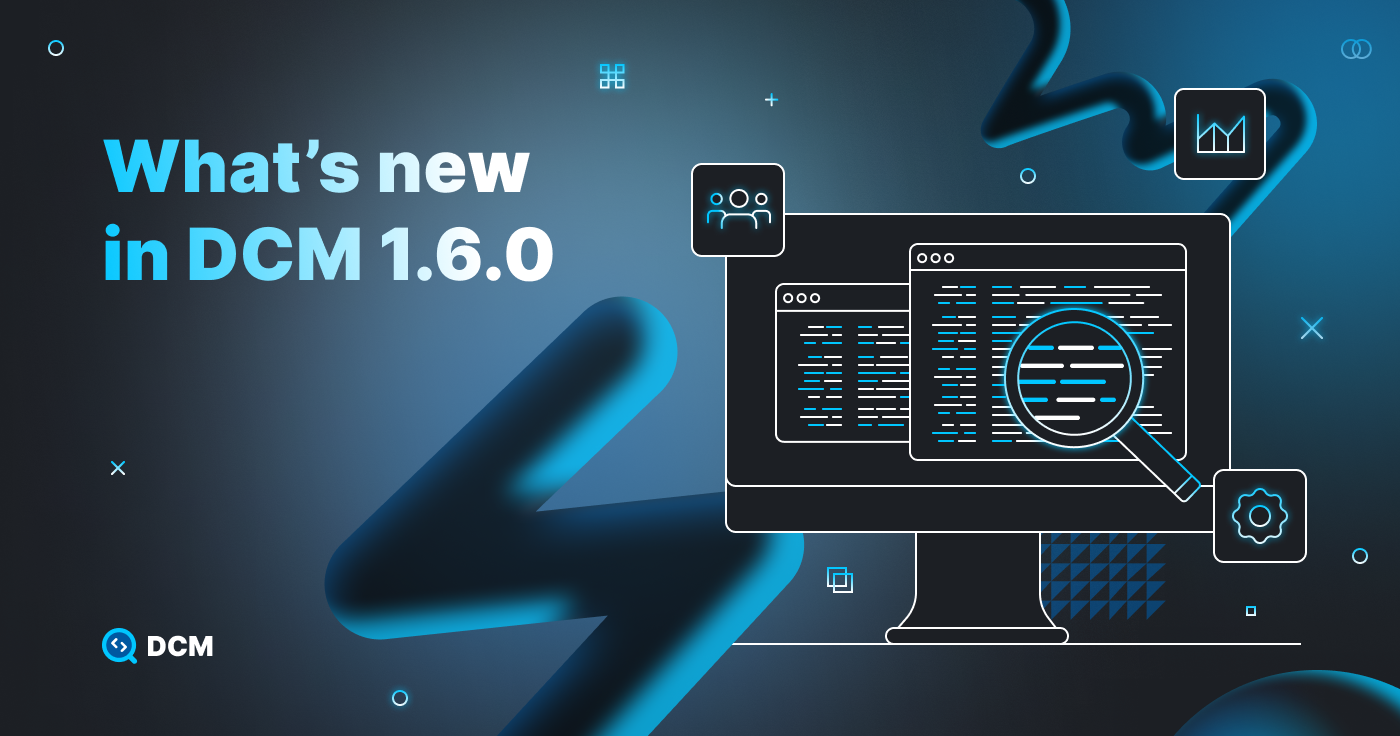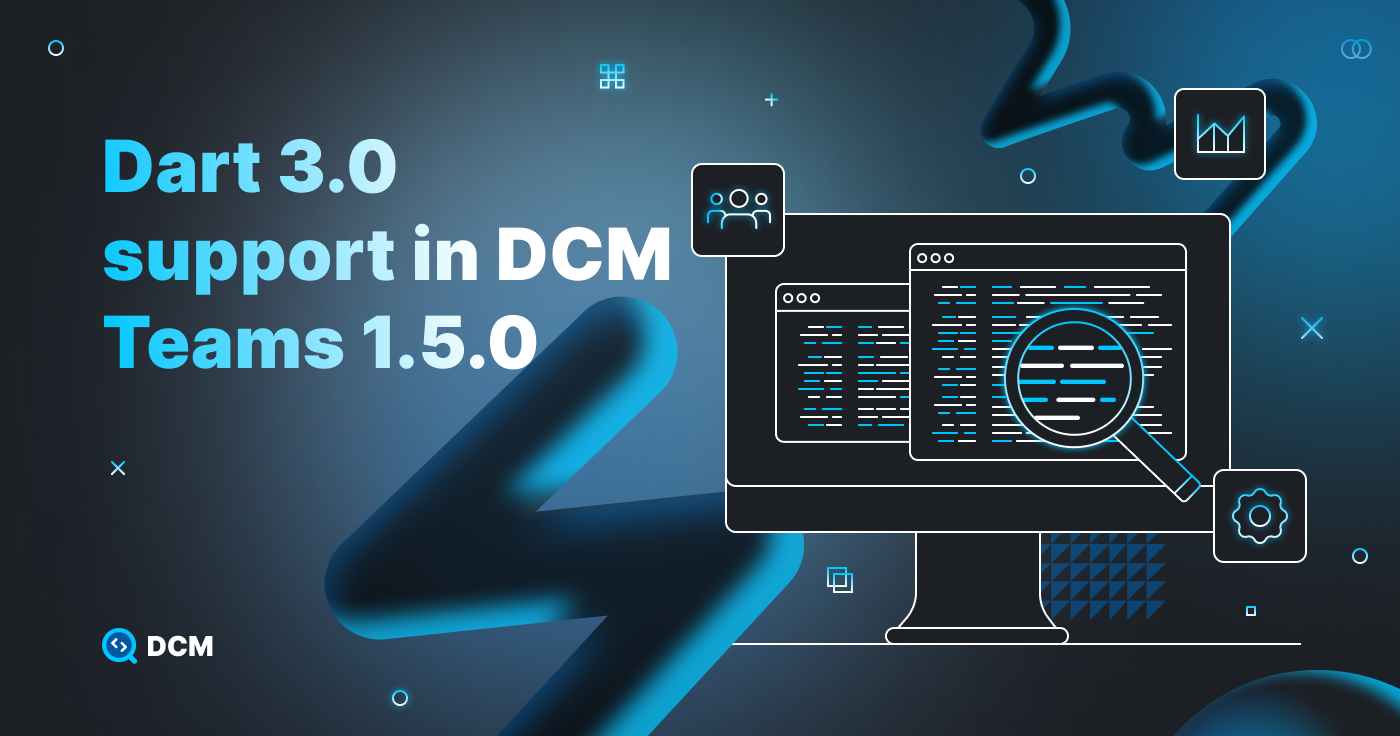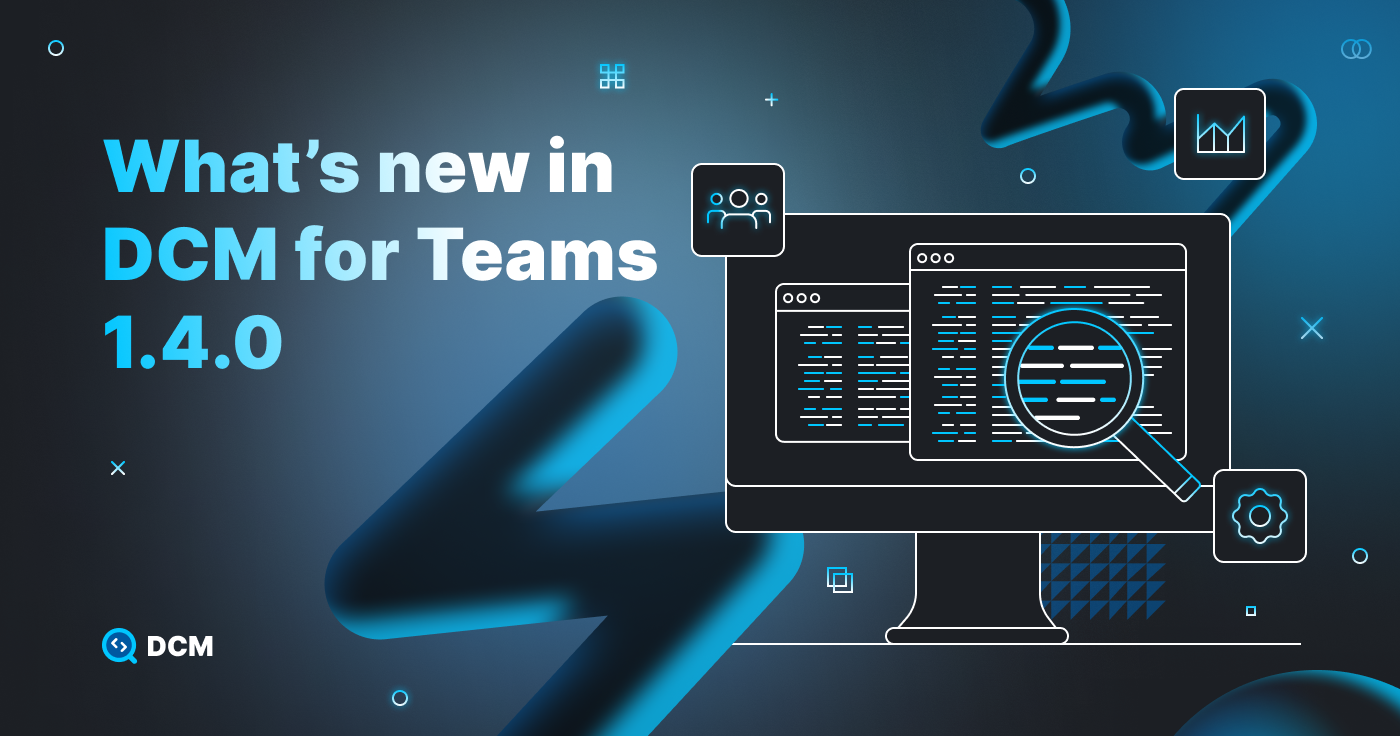What’s new in DCM 1.13.0
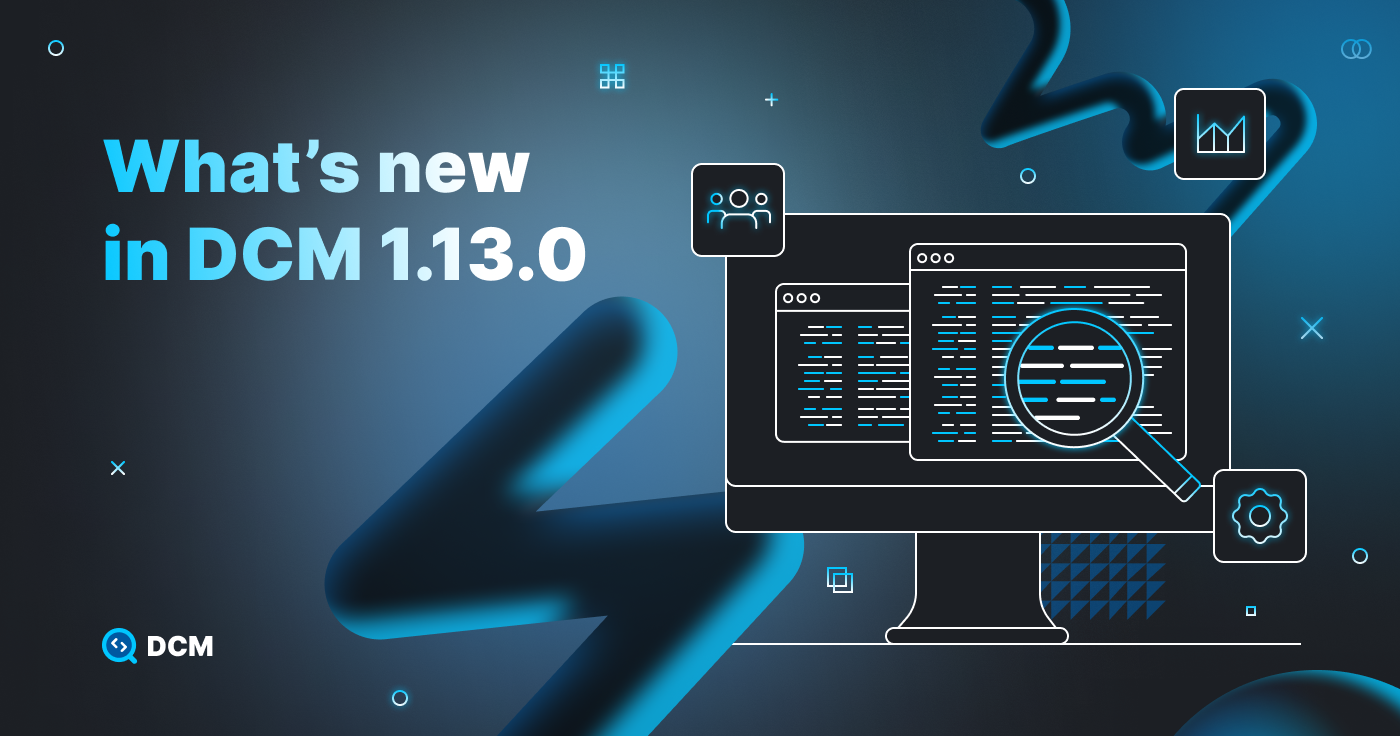
Today we’re excited to announce the release of DCM 1.13.0!
This release includes similar widgets report, improved unused code IDE integration and a new mode, 8 new rules, unused files in IDE, performance improvements, and more 🚀.
Now let's go through the highlights of this release 🚀.

